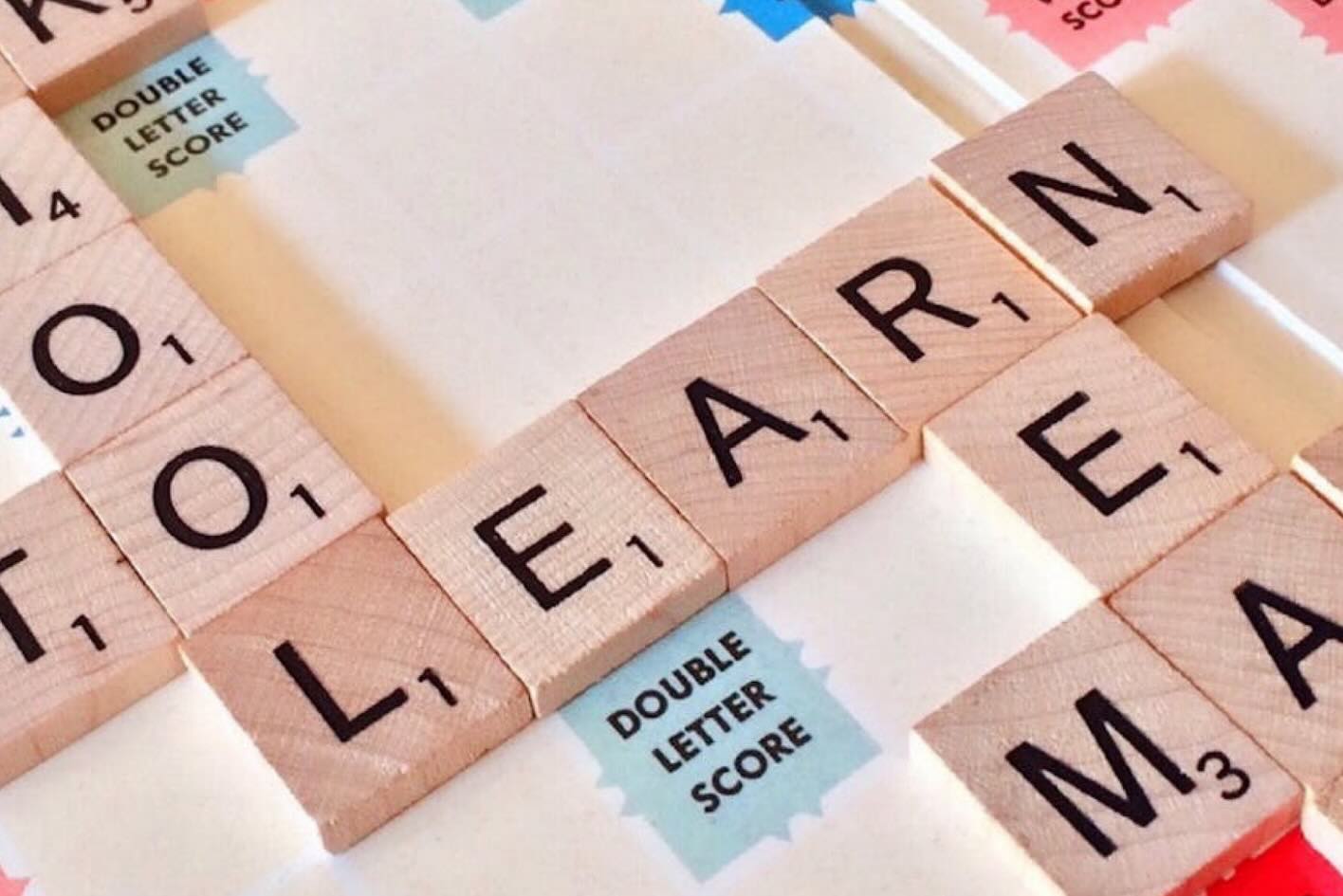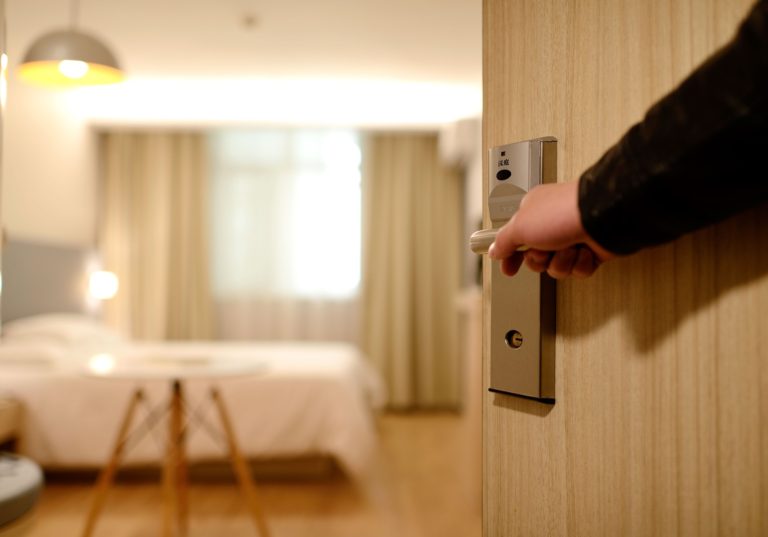5 Easy Ways to Sound More Casual
Oftentimes, people say that casual English and slang are simpler than professional vocabulary. While technically true, since casual words are shorter, it can be equally (or even more) tricky to navigate a casual conversation with a friend as it is to hold a business negotiation. Many English learners study using textbooks and written materials that teach the most formal and unedited versions of English expressions to beginners. While crucial in a business encounter, the formal register can make you feel out of place when chatting with friends, coworkers, and classmates. It can even prevent you from building rapport during small talk in business settings. Today, we will take a look at some easy tips and tricks to sounding more laid-back and native in any conversation!
See also: 40+ Phrasal Verbs You HAVE TO Use
- Contractions
Using contractions is a sure-fire way to instantly tone down your register. A contraction is a shortened version of two combined words. Common examples include:
- Do not / Don’t
- Can not / Can’t
- I will / I’ll
- I am / I’m
- Going to / Gonna
- Want to / Wanna
- Got to / Gotta
- Has not / Hasn’t
Using contractions does not necessarily make your speech overly casual. It simply makes it more fluent and natural. It is perfectly okay to say, “I’ll send you the files,” to a coworker in the office. Nevertheless, contractions are reserved for spoken English, so avoid using them in work emails, reports, or presentations. In casual conversations, feel free to use these shortened versions as much as you like!
E.g., “I am going to go to the beach this weekend if it does not rain.”
→ I’m gonna go to the beach this weekend if it doesn’t rain.
E.g., “We are going to go get a coffee from the cafeteria. Do you want to come?”
→ We’re gonna go get a coffee from the cafeteria. Wanna come?
- Greetings and farewells
In any conversation, our opening words set the tone for the rest of the exchange. If you open with a more casual expression, it will be much easier to establish a sense of familiarity with your conversation partner. An easy substitute is changing your “Hello” to a “Hey.” After that, you can proceed with using any casual opening question from the list below. Similarly, when saying goodbye, we have another chance to show the other person how comfortable we feel after this interaction. It is easy to get stuck with only ever using “How are you?” and “Goodbye,” so let’s look at some casual alternatives:
Starting a conversation:
- What’s up?
- What’s going on?
- How’s it going?
- How are you doing?
- How’s it hanging?
- It’s been ages! (a good casual alternative to “Long time, no see”)
Ending a conversation:
- Take it easy
- Catch you later
- Have a good one
- Later!
- See ya!
- See you around (a good phrase to use if you have no plans to meet this person any time soon)
Here is a sample casual exchange:
Tom: Hey, Monica. How’s it going?
Monica: Hi Tom! It’s alright. What’s up with you?
Tom: Oh, nothing new. Well, I gotta go. I’m late to class!
Monica: No worries. Catch you later.
Tom: See ya!
See also: 100+ Common Euphemisms You Need to Know
- Natural Reactions
A huge part of holding a conversation in any language is the way you verbally react to your conversation partner’s statements. Casual natural reactions are an easy way to tone down the formalities. Let’s explore various sentiments:
Expressing positivity
- That’s awesome
- That’s so cool
Expressing negativity
- That sucks
- Bummer
- Aw, man
Expressing surprise
- No way
- Are you kidding? / Are you joking?
- Are you serious?
- For real?
Here is a sample conversation including these reactions:
Terry: Dude, I just found out I failed my last French test.
Brad: Are you serious? That sucks. What are you gonna do?
Terry: No idea. I’ll try to talk to the professor about my options. I heard that he gives extra credit for volunteering.
Brad: That’s cool. I hope it works out for you!
- Slang
Nobody can deny that slang is an integral part of mastering a language in your quest to sound like a native speaker. At the same time, it is one of the most difficult aspects of a language journey. This is because the majority of slang comes from pop culture, such as viral videos, TV shows, music, and movies. In addition, due to the fast pace of modern media, new slang is being created and used at an incredible speed. Some slang only sticks around for a few months before being updated with a new expression coined by online users.
That said, if you are interested in keeping up with slang, we recommend that you regularly search the web for up-to-date examples. If you have regular contact with native English speakers–even better!
Here are some common and timeless expressions:
- Chill (slang for “relax”)
E.g., “I was chilling at the park with my friends on a sunny day.”
- Dude (slang for getting a person’s attention)
E.g., “Dude, are we going to that party tonight?”
- Vibe (slang for “atmosphere”)
E.g., “I really like the cozy vibe in this coffee shop.”
- Casual vocabulary
It is easy to sound more casual just by using simpler words. Simple vocabulary tends to be shorter and easier to pronounce. Synonyms for “good,” such as “excellent,” “wonderful,” and “splendid,” might be too formal for a group of friends. In this case, it is best not to overcomplicate things and use easier words like “great,” “good,” and “nice.” Similarly, for negative situations, you can opt to use “bad,” “awful,” and “terrible” instead of longer words like “dreadful” or “atrocious.” You might think that these words oversimplify your speech too much. However, don’t forget about intonation and modifying adverbs, such as “so” and “very.” Here is an example of how to use simple words with these adverbs:
E.g., “The new superhero movie was wonderful.”
→ The new superhero movie was SO good.
E.g., “I want to go to that new restaurant. It is affordable.”
→ I wanna go to that new restaurant. It’s SO cheap.







